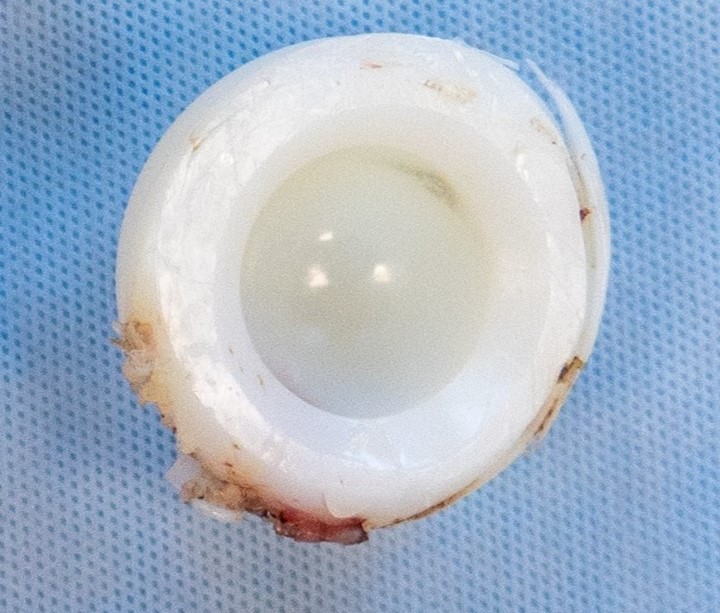Accelerated Aging
To determine the true performance of a material over time requires shelf-aging and follow-up testing. In reality this is time consuming and costly to perform and so often accelerated aging protocols are used to accelerate the process.
Standard Accelerated Aging Testing
Generally speaking these accelerated aging tests make use of the Arrhenius equation to map an elevated temperature to an effective ambient age through an assumption that all chemical reaction rates are accelerated equally. Although care must be taken in making this assumption (phase transitions and thermal activations must be considered) these tools are routinely used in orthopaedics (ASTM F1980 and F2003) as well as in other industrial applications (ASTM D5427, D6521, D3434 and others).
Custom Accelerated Aging Testing
In addition, modifications to these tests for specific conditions are often necessary, such as increased pressures or temperatures, or changed environments to water or other gases. These changes are often driven by the intended use and modifying these aging environments in a logical manner is one of Cambridge Polymer Group's core strengths. In addition, by running these tests at CPG you obtain a one-stop, ISO environment for aging, mechanical testing and oxidation analysis.
Industries
Medical Devices, Pharma, Industrial, Consumer Goods
ASTM Testing
F1980 Accelerated Aging of Sterile Barrier Systems for Medical Devices
F2003 Accelerated aging of UHMWPE after gamma irradiation in air
D5427 Accelerated Aging of Inflatable Restraint Fabrics
D6521 Accelerated Aging of Asphalt Binder Using a Pressurized Aging Vessel (PAV)
D3434 Test Method for Multiple-Cycle Accelerated Aging Test (Automatic Boil Test) for Exterior Wet Use Wood Adhesives
Contact Us
Contact us to assess the shelf life and in vivo performance of your material or device.
